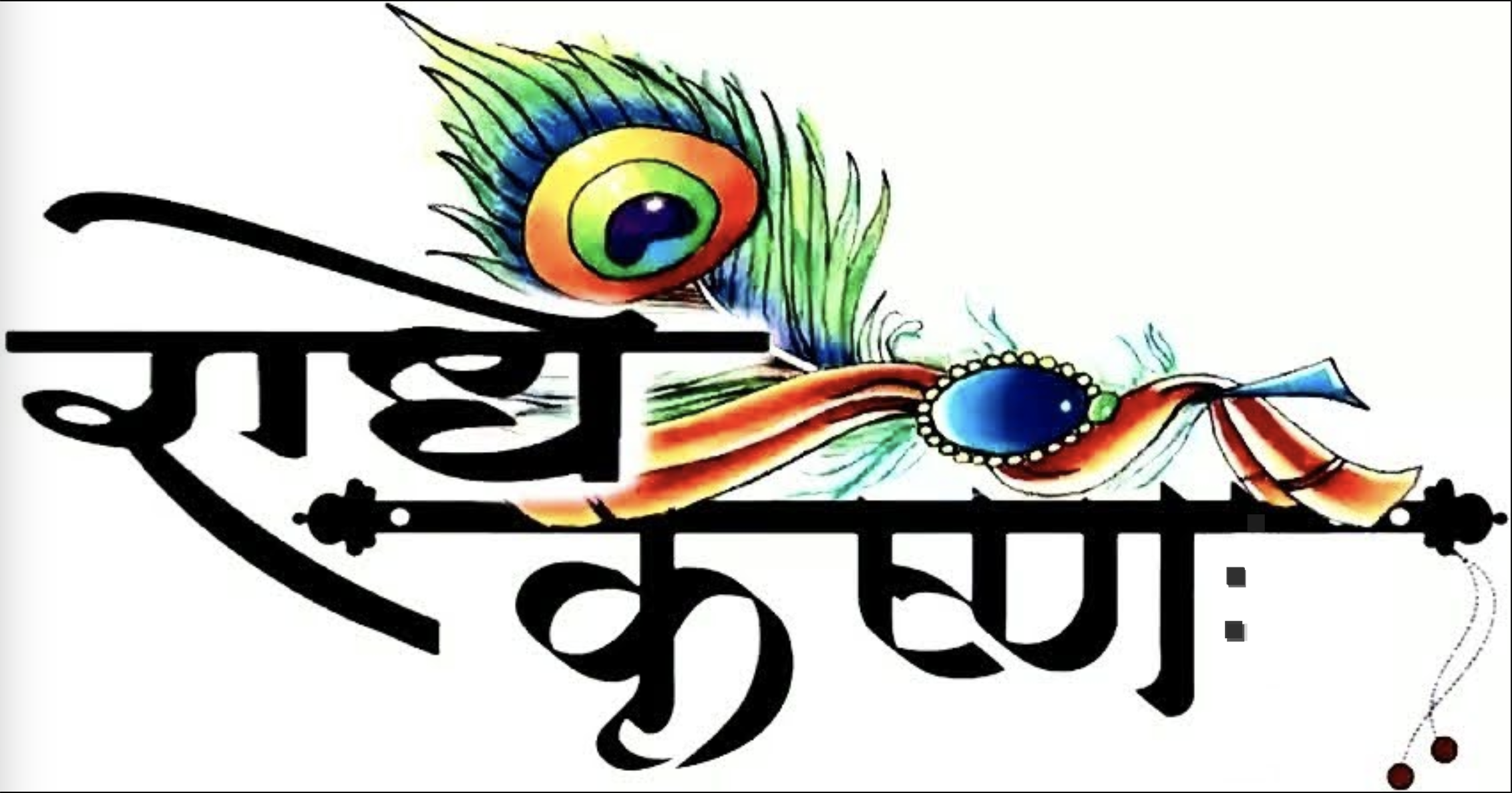

Calendar - 2024 Hindu Festivals
Vikrama Samvata [2080 - 2081]
January 2025
01
Wednesday
04
Saturday
06
Monday
09
Thursday
11
Saturday
February 2025
03
Monday
04
Tuesday
05
Wednesday
March 2025
04
Tuesday
06
Thursday
11
Tuesday
12
Wednesday
April 2025
01
Tuesday
02
Wednesday
05
Saturday
06
Sunday
09
Wednesday
May 2025
01
Thursday
02
Friday
04
Sunday
09
Friday
11
Sunday
June 2025
03
Tuesday
08
Sunday
09
Monday
10
Tuesday
14
Saturday
July 2025
02
Wednesday
04
Friday
07
Monday
10
Thursday
August 2025
01
Friday
02
Saturday
03
Sunday
06
Wednesday
September 2025
04
Thursday
05
Friday
07
Sunday
10
Wednesday
12
Friday
October 2025
01
Wednesday
04
Saturday
November 2025
03
Monday
05
Wednesday
06
Thursday
08
Saturday
12
Wednesday
December 2025
01
Monday
02
Tuesday
03
Wednesday
04
Thursday
07
Sunday
Significance of Hindu Calendar
The Hindu Calendar is very intricate and multi-dimensional. It offers a range of information on lunar and solar days, lunar months, solar months, and the movement of the sun and moon in correlation to the galaxy of constellations.
The Hindu Calendar uses the lunisolar system and takes into consideration the movements of the sun and the moon, as viewed from earth. There are 12 lunar months in the calendar and each lunar month comprises of 30 days, grouped into two fortnights – a bright fortnight that denotes the waxing half of the moon phase and a dark fortnight that features the waning moon. In north India, the Full Moon signifies the beginning of the month, whereas, in south India, people count the days from one New Moon to the other.
The Hindu Calendar tracks the solar months that are defined and named after the zodiac signs, which the sun traverses during different parts of the year. The lunar month is used to denote religious holidays and festivals, and the solar month serves as the basis for civil purposes. Solar months are referred to as Civil Months.
The Hindu Calendar also keeps tracks of astronomical aspects, including Nakshatras, Yoga, and Karanas.
Most Hindu festivals coincide with the Full Moon or the New Moon and celebrated on the day after the Moon phase.
Important Hindu Festivals
Hindu festivals by and large are based on location and the dates and days. The religious celebrations are determined by the planetary positions of the sun and the moon. According to the Hindu religion, the festivals tell us the time of worshipping deities, fasting, celebrations, and seeking God’s blessings.
India is an ancient land brimming with ancient cultures and traditions. The land of yoga and meditation to unique travel spots lends an air of a unique aura the country has. The myriad religions, languages, and cultural backgrounds pave the way for festivals of varied nature, color, rituals, traditions, and customs, and it is this feature that makes India so unique.
India is a democracy and a secular nation. The religious and communal harmony come together best at the time of festivities and celebrations. Every ritual, festival, and tradition quite often differ in place and religion. Every festival has a reason for celebration and its own legend and significance. Though every festival is different, the people come together to celebrate with great zest and enthusiasm.
India celebrates Shivratri, Holi, Raksha Bandhan, Diwali, Dussehra, Ugadi, Janmashtami, Gudi Padwa, and numerous other festivals with the same zeal and fervor. The Hindu Calendar highlights the dates and days of different religious festivals and celebrations throughout the year.
